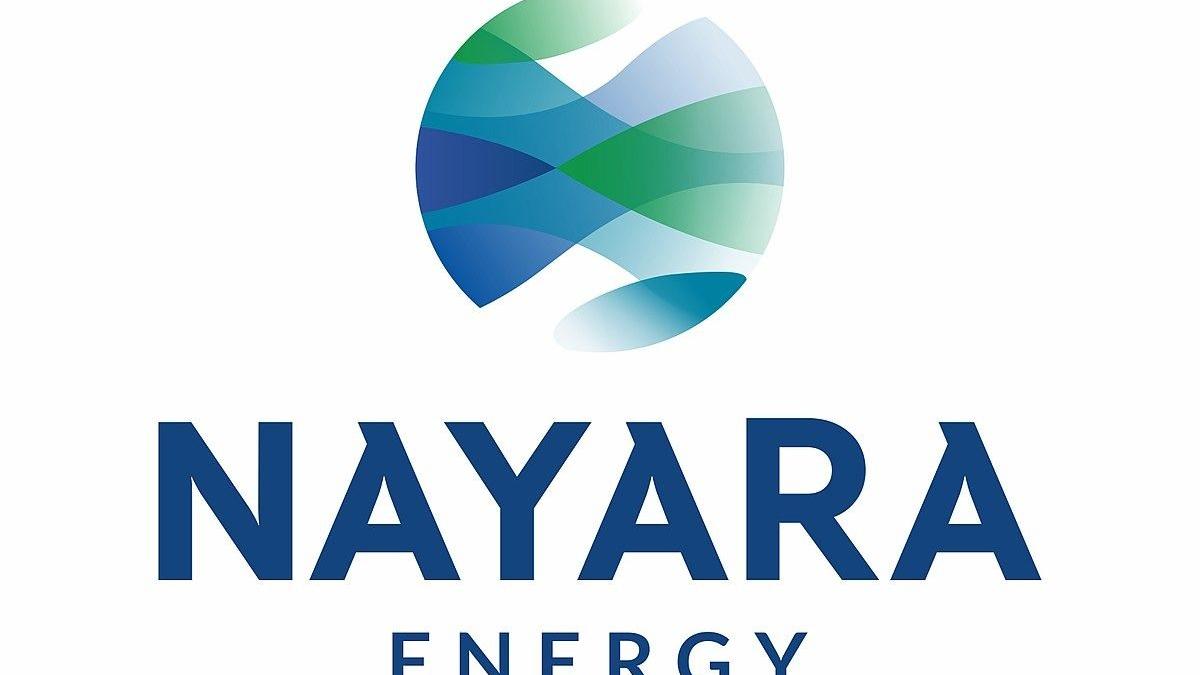CEO of Nayara Energy Resigns Amid EU Sanctions on Russian Oil

Russia-backed Nayara Energy has appointed Sergey Denisov as its new chief executive officer, following the resignation of Alessandro des Dorides amid European Union sanctions against the company. Denisov, who has been with Nayara since 2017, was selected during a board meeting on Wednesday. His predecessor stepped down due to increasing regulatory scrutiny related to Nayara’s connections with Russian oil giant Rosneft, which holds a significant stake in the company. The EU’s sanctions have prompted a shift in operations for Nayara, affecting its dealings with shipping firms and oil suppliers.
Leadership Change at Nayara Energy
Nayara Energy has undergone a significant leadership change with the appointment of Sergey Denisov as CEO. This decision comes in the wake of Alessandro des Dorides’ resignation, which was influenced by the European Union’s sanctions targeting the company. Des Dorides had been in the role since April 2024 but faced mounting pressure due to Nayara’s ties with Rosneft, a major Russian oil company. Denisov’s long tenure at Nayara, starting in 2017, positions him as a familiar figure within the organization. His appointment reflects the company’s need for stability during a turbulent period marked by international regulatory challenges.
Impact of EU Sanctions
The European Union’s recent sanctions have had a direct impact on Nayara Energy’s operations. The EU explicitly listed Nayara in its sanctions package due to its business links with Rosneft. This action has led to a cautious approach from oil firms and shipping operators, who are now hesitant to engage with Nayara. Reports indicate that vessel operators have begun to avoid lifting crude or delivering refined products from the company. For instance, the vessel Talara reversed its course and left Gujarat’s Vadinar port without completing a planned diesel shipment, highlighting the immediate effects of the sanctions.
Shipping and Compliance Concerns
As a result of the EU sanctions, shipping firms, particularly those based in Greece and Norway, are reassessing their relationships with Nayara. Analysts suggest that these companies are likely to adhere to EU directives, which could further complicate Nayara’s operations. The diversion of vessels, such as the Chang Hang Xing Yun, underscores the uncertainty surrounding compliance risks. Shipping firms are now more cautious, leading to a significant shift in how they handle transactions with Nayara. This situation has raised concerns about the company’s ability to secure future shipments and maintain its market position.
Financial Implications and Market Reactions
In light of the sanctions, Nayara Energy has implemented a policy requiring advance payments or letters of credit before releasing cargoes. This marks a departure from the standard industry practice of allowing 15 to 30 days for post-loading settlements. Sources indicate that this change reflects the company’s unease regarding payment risks following the sanctions. Consequently, potential buyers are showing hesitation in participating in Nayara’s future fuel tenders. Financial institutions and trade partners are also evaluating their exposure to Nayara, seeking clarity on the EU’s restrictions concerning diesel refined from Russian crude. The evolving landscape poses challenges for Nayara as it navigates the complexities of international sanctions and market dynamics.
Observer Voice is the one stop site for National, International news, Sports, Editor’s Choice, Art/culture contents, Quotes and much more. We also cover historical contents. Historical contents includes World History, Indian History, and what happened today. The website also covers Entertainment across the India and World.
Follow Us on Twitter, Instagram, Facebook, & LinkedIn

